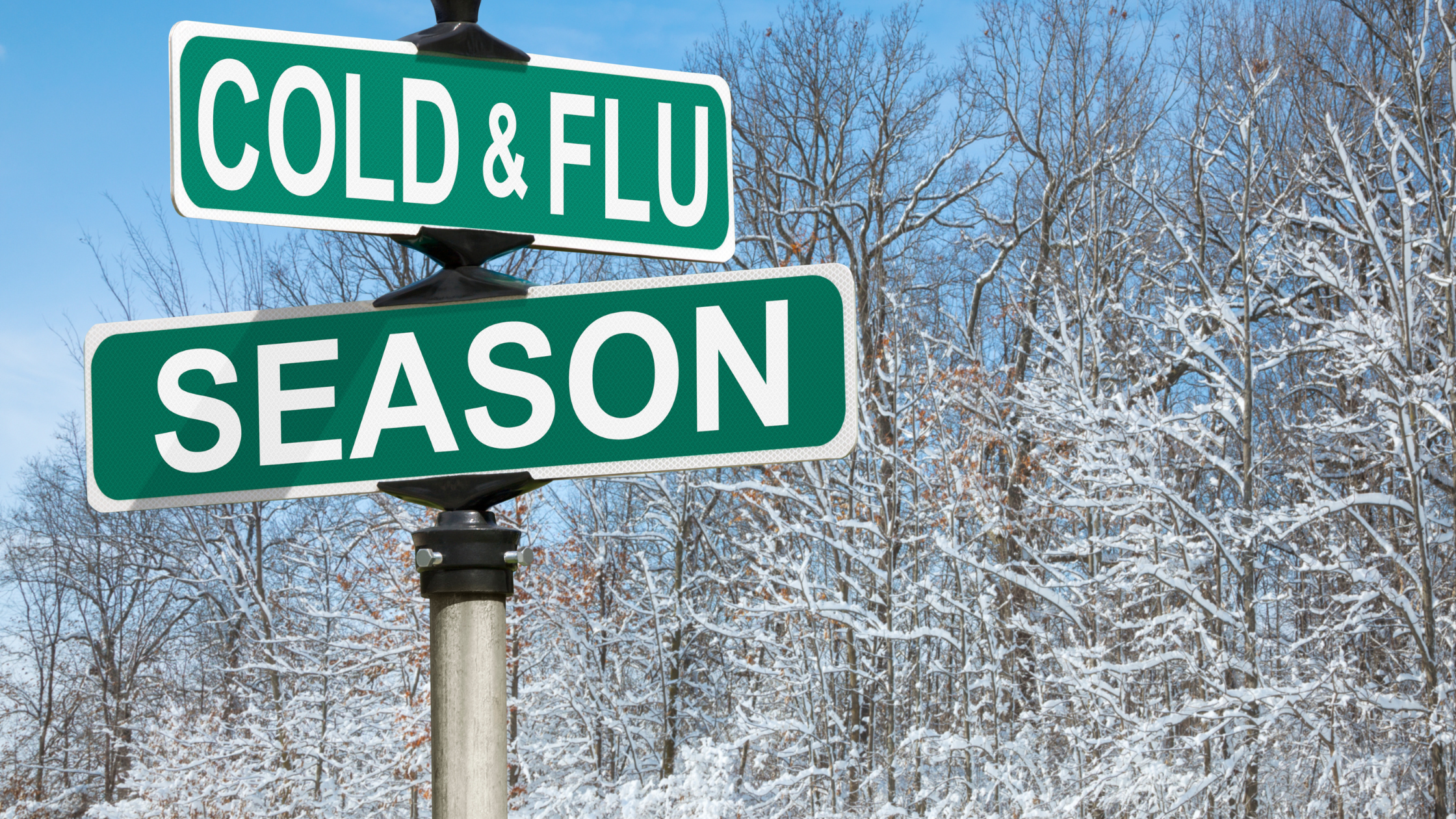
- November 24, 2013
- Katlin Owens
Cold and flu – know how to stay healthy
It's November which means cold and flu season is here!. Think you know the right formula to prevent yourself from getting sick? Here’s a Q & A to help keep you healthy this cold and flu season.
Q: What is the difference between a cold and the flu?
A: The symptoms are similar such as a sore throat, congestion, and fatigue but the flu is much more aggressive and can be life-threatening.
Q: How can I combat a cold or the flu?
A: Both are highly contagious so you’re best line of defense starts with keeping your immune system strong by eating properly, getting rest and of course avoiding germs.
Q: How do I avoid germs?
A: Wash your hands with warm water and anti-bacterial soap for about 30 seconds (or silently sing ‘row, row, row your boat’ twice). Use a paper towel or clean wash cloth to turn the faucet off, dry your hands, and to open the restroom door. Hand sanitizer can act as a substitute in a pinch.
Q: How do I keep my immune system strong and healthy?
A: Adequate sleep, physical exercise and a healthy diet keep an immune system healthy.
Q: Can my diet affect the frequency and severity of my cold/flu?
A: Absolutely, a healthy diet can ward off illness and strengthen your immune system. When your body has a vitamin or mineral deficiency, it can affect the way it fights infections. Eating balanced meals that include foods from all food groups is essential. Also, eating nutrient rich foods, such as fruits and vegetables will provide you the immunity you need.
Q: What are “immune boosting” foods?
A: Immune boosting foods are those foods that contain nutrients with an important role in immune building. Those foods include proteins, Vitamin A, C, E, B6, Zinc, Probiotics (healthy bacteria in yogurt) and Selenium. The best and easiest way to get those foods in your diet is to eat whole foods that have not been processed.
Q: Do I need to take a supplement?
A: Not in particular. Most healthy adults are able to get most nutrients from food. Americans typically get adequate Vitamin C (immune boosting nutrient) from their diet. Supplements can be expensive and unnecessary. Talk to your doctor or dietitian to see if a nutritional supplement is needed.
Q: What else can I do?
A: Maintaining food safety can help you reduce your risk of illness. Proper hand washing, washing produce before eating and purchasing foods from reputable sources are some of the ways you can protect yourself. YOUR BEST DEFENSE AGAINST THE FLU IS AN OVERALL HEALTHY LIFESTYLE.
Leave Your Comment
Many desktop publish packages web page editors now use model text
search for sites their infancy.